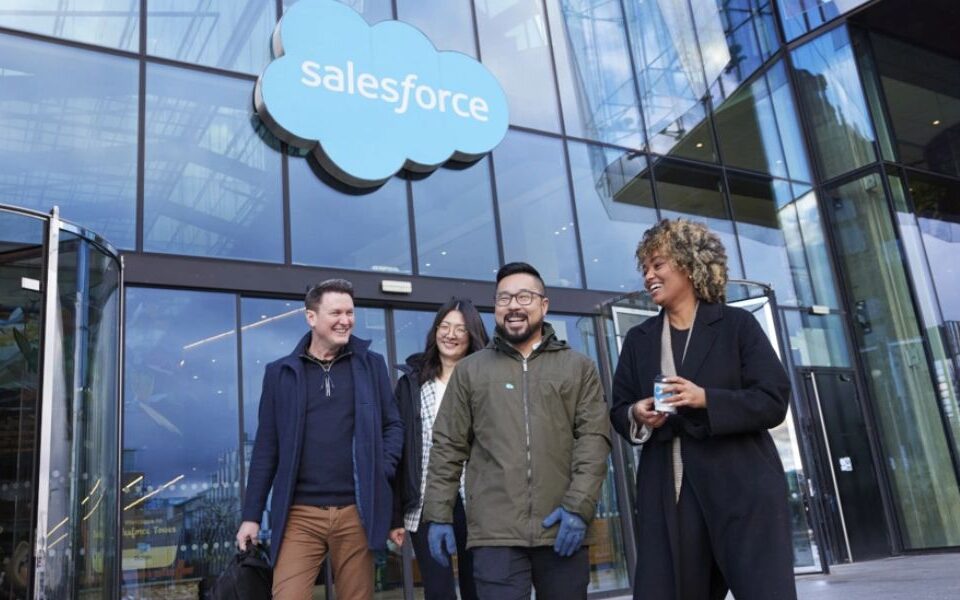- Have any questions?
- 888-432-8878
- steve@sebackground.com

TGI Fridays’ Mass Closures Reports Mark the End of 1,000 Jobs
October 8, 2024
The Stellantis-UAW Dispute Takes a Turn Towards Legal Action
October 9, 2024No matter how much employees might resist the transition, generative AI is sparking changes across industries. Recent estimates suggest that software engineering will be the field to feel the biggest shockwaves. A study hypothesized that genAI will lead to the diversification of operations in software engineering, requiring 80% of those in the industry to upskill by 2027.
The AI upskilling predictions by Gartner suggest that a transformation is imminent and there isn’t a long wait ahead of us to witness the change. The demand for AI engineering skills will inevitably rise by 2027, so those interested in working in the field should consider getting a head start on their AI education immediately.

AI Upskilling Predictions by Gartner Suggest Change Is Coming
The link between software engineers and AI upskilling is unsurprising. As we lean towards the implementation of AI across various fields, it will fall to these very employees to lead the rest of the organization through the change. The designing and structuring of AI is one part of the challenge, but there are specialized roles being generated specifically for this purpose as we speak.
While some engineers will be able to structure their careers to keep pace with generative AI’s growth trajectory, others will be left with the task of merging the application of genAI with the industry they have already specialized in. Not only will genAI be a key part of facilitating this merger by providing tools and shortcuts for the journey, but mastering AI will also be the eventual goal.
AI Engineering Skills Demand Will Rise Gradually as We Move Closer to 2027
According to the AI upskilling prediction by Gartner, in the short term, AI tools will act as an aid to boost productivity by augmenting existing developer work patterns and tasks. With the level of AI tech we have arrived at today, the contributions of AI services to work will remain minimal in the immediate future. The focus in the short term will remain on setting up the infrastructure for the future as productivity gains will assist with multiplying support systems.
Considering broader time periods, software engineers intent on AI upskilling will need to look into the automation of tasks where various menial responsibilities can be offloaded to our systems. As per Gartner’s AI upskilling predictions, “this will mark the emergence of AI-native software engineering when most code will be AI-generated rather than human-authored,” which means that there could be greater emphasis on human supervision rather than human-driven generation.
The predictions of the shift towards the prioritization of AI-generated content feel overly optimistic in the short term, but with time, it’s very likely we will increase our reliance on AI content.
In the long term, the AI engineering skills demand around 2027 will focus on skilled software engineers who can establish and support these AI-empowered software systems. With machine learning already growing into a highly sought-after area of expertise, the demand for more diversified portfolios will only continue to grow.
As software engineers look into AI upskilling methods, organizations will need to do their own research to determine how to upgrade their AI systems and tailor their capabilities to suit their needs. The AI engineering skill demands predicted for 2027 will make it quite difficult for businesses to hire pre-qualified experts who can bolster their organization, so it is a good idea for these organizations to train their existing employees and invest in their retention.
AI could come for many of our jobs, but for now, the AI upskilling predictions suggest that software engineering positions will not be replaced. Instead, this is one of the fields where new, niche jobs will multiply exponentially. Unfortunately, only those who keep up with the shifting trends of AI will be able to capitalize on this change.
The post Software Engineers Need to Consider Gartner’s AI Upskilling Predictions appeared first on The HR Digest.
Source: New feed




